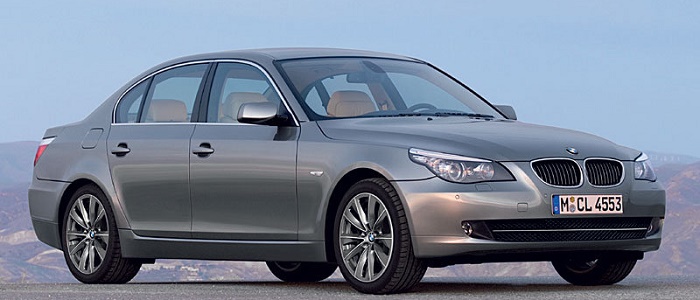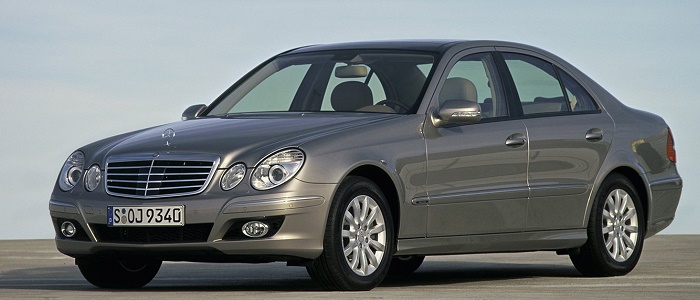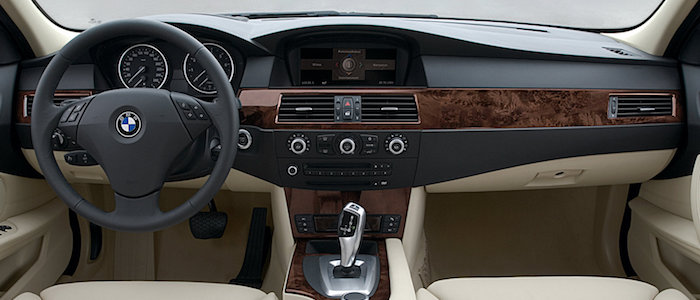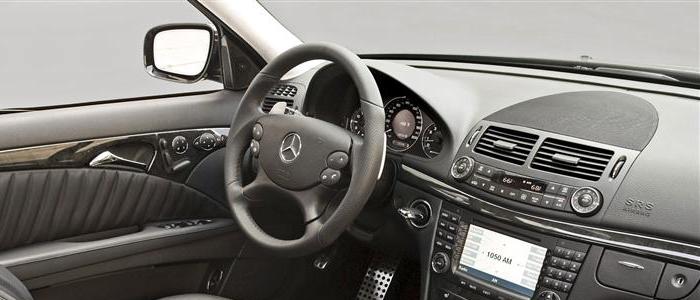Compare two cars
Compare any two cars and get our Virtual Adviser™ opinion
Dimensons & Outlines
Check vehicle history
Engine
Performance (manual gearbox)
Performance (automatic gearbox)
Expenses
Virtual Adviser's™ opinion
Well, these are two pretty similar cars we have here! It's only details that could potentially make the difference. Considering they both belong to the luxury car segment and utilize the same 4-door sedan body style and the rear wheel drive system, it all comes up to the specific diesel engine choice they offer. The first one has a BMW-engineered powertrain under the hood, a 6-cylinder, 24-valves 197hp unit, while the other one gets its power and torque from a 6-cylinder, 24-valves 190hp engine designed by Mercedes Benz.
SafetyThe first thing to look into here would be the results from European New Car Assessment Programme (Euro NCAP) tests performed on the two cars. Good thing is that both vehicles got tested, with the Mercedes Benz being a slightly better choice apparently. That aside, let's consider some other aspects which affect safety. Both vehicles belong to the luxury car segment, which is generally a very good thing safety-wise, but that fact doesn't break the tie between the two cars. On the other hand, taking kerb weight as an important factor into account, Mercedes Benz E offers a marginal difference of 4% more metal.
ReliabilityManufacturers have been building their reliability reputation for decades now and, generally speaking, it appears that both brands display similar results in faults and breakdowns, at least on all of the models level. These are the results of an independent reasearch, while our visitors describe reliability of BMW with an average rating of 4.1, and models under the Mercedes Benz badge with 4.3 out of 5. Independent research findings rank 5 Series as average reliability-wise, and E is more or less at the same level.Above it all, drivers of cars with the same engine as 5 Series rank it on average as 4.5, while the one under the competitor's bonnet gets 4.4 out of 5.
Performance & Fuel economyBMW is undoubtly more agile, reaching 100km/h in 1 seconds less than its competitor. Still, it lacks the power to win the top speed competition, topping at 237 kilometers per hour, 4km/h less than the other car. When it comes to fuel economy the winner has to be 5 Series, averaging around 6.2 liters of fuel per 100 kilometers (46 mpg), in combined cycle. We can't ignore that 11% difference compared to Mercedes Benz E.
Verdict
Mercedes Benz appears just a bit more reliable, although the difference is truly marginal. The most important thing when deciding between any two vehicles should always be safety, both passive and active. In my opinion, everything taken into account, Mercedes Benz E offers much better overall protection, which launches it ahead of the other contender. From there things take a different direction, with BMW offering somewhat better performance, just enough to call it quicker. To make things even better, it consumps less fuel! No mistake, whatever you decide here, but I'd still go for the BMW. In any case that's my personal view, built upon all the data available to me. What should decide here though is the way you feel about the two vehicles, and I hope you'll find my guidelines useful in the process. I suggest you spend two more minutes in order to find out which car, based on your needs and budget, would be picked by the virtual adviser™, among thousands of similar, yet so different vehicles.
































